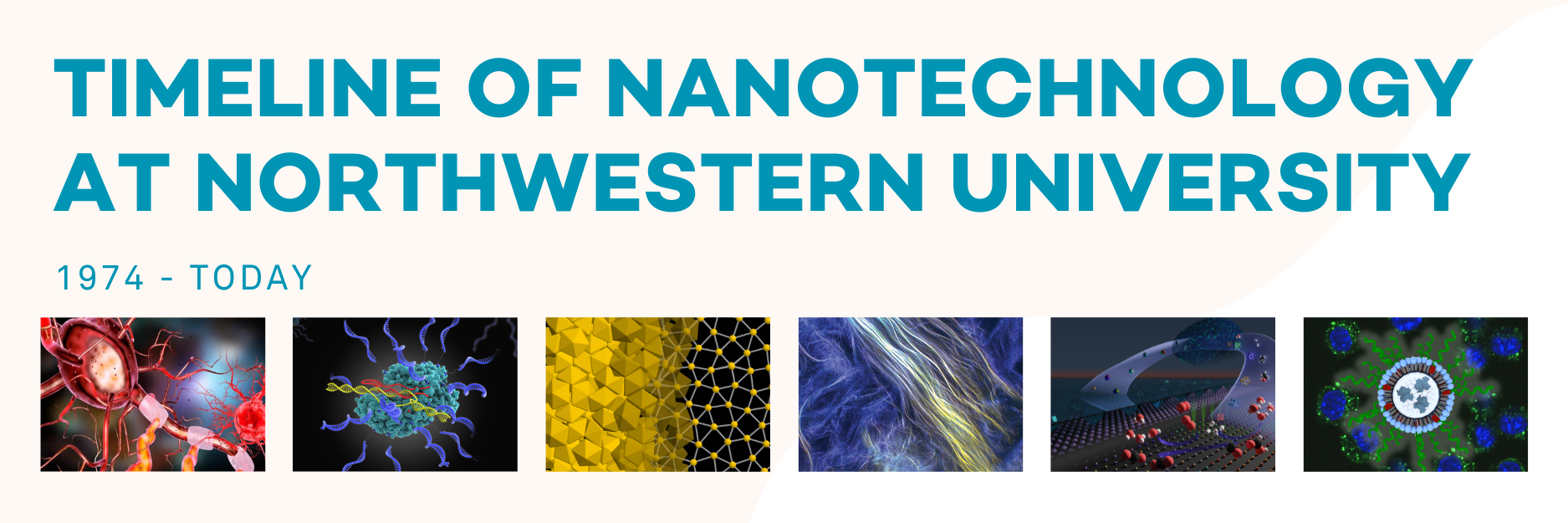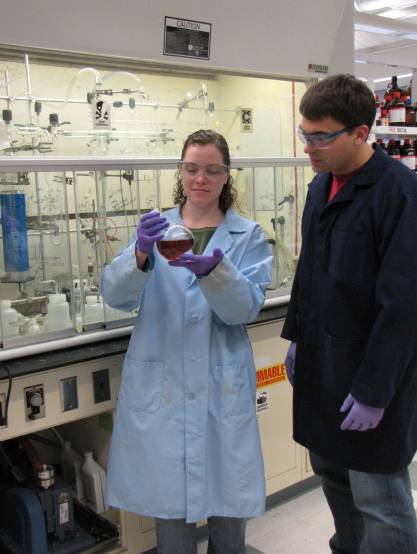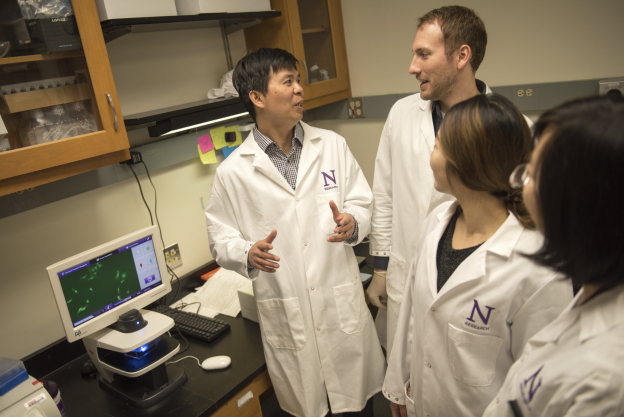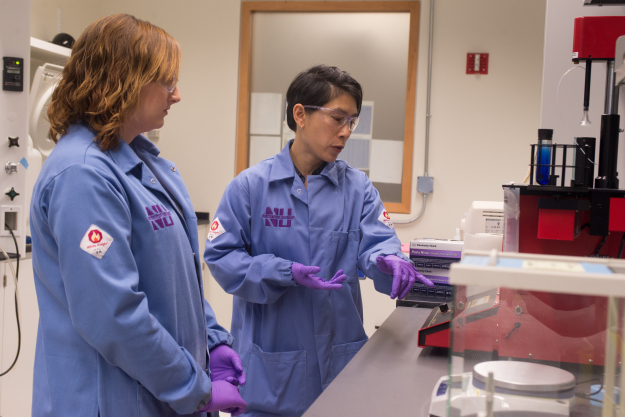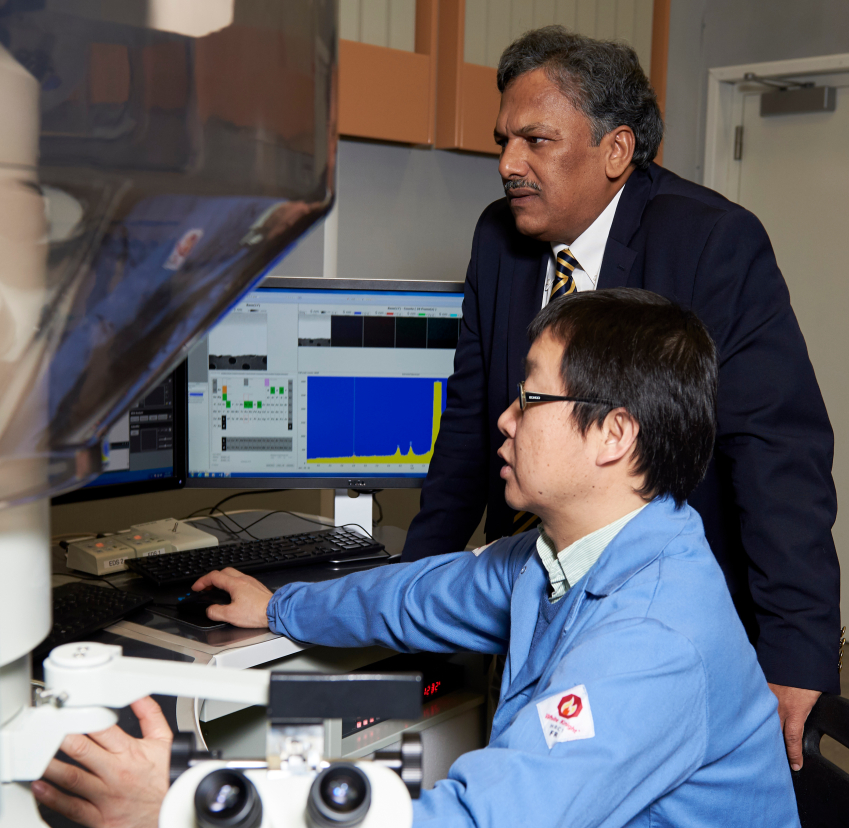Fulfilling the promise of the world's smallest science
The dawn of the 20th century saw the birth of the airplane, the radio, and the theory of relativity — three technological and scientific developments that changed the world. Now, in the 21st century, nanotechnology is transforming everything from energy and the environment to the future of health care.
In 2000, Northwestern University made the bold, strategic decision to establish the International Institute for Nanotechnology. Under the leadership of renowned chemist Chad Mirkin, the IIN became the first and largest institute of its kind in the United States. Today, the IIN represents more than $1 billion in nanotechnology research, educational programs, and supporting infrastructure, and 28 startup companies have been launched based on IIN research.
By connecting talented, driven researchers with the world’s most advanced facilities and equipment, providing educational opportunities for the next generation of scientists, and supporting the translation of innovative technologies from the lab to the marketplace, the IIN is at the forefront of a field that has been described as “the next industrial revolution.”
